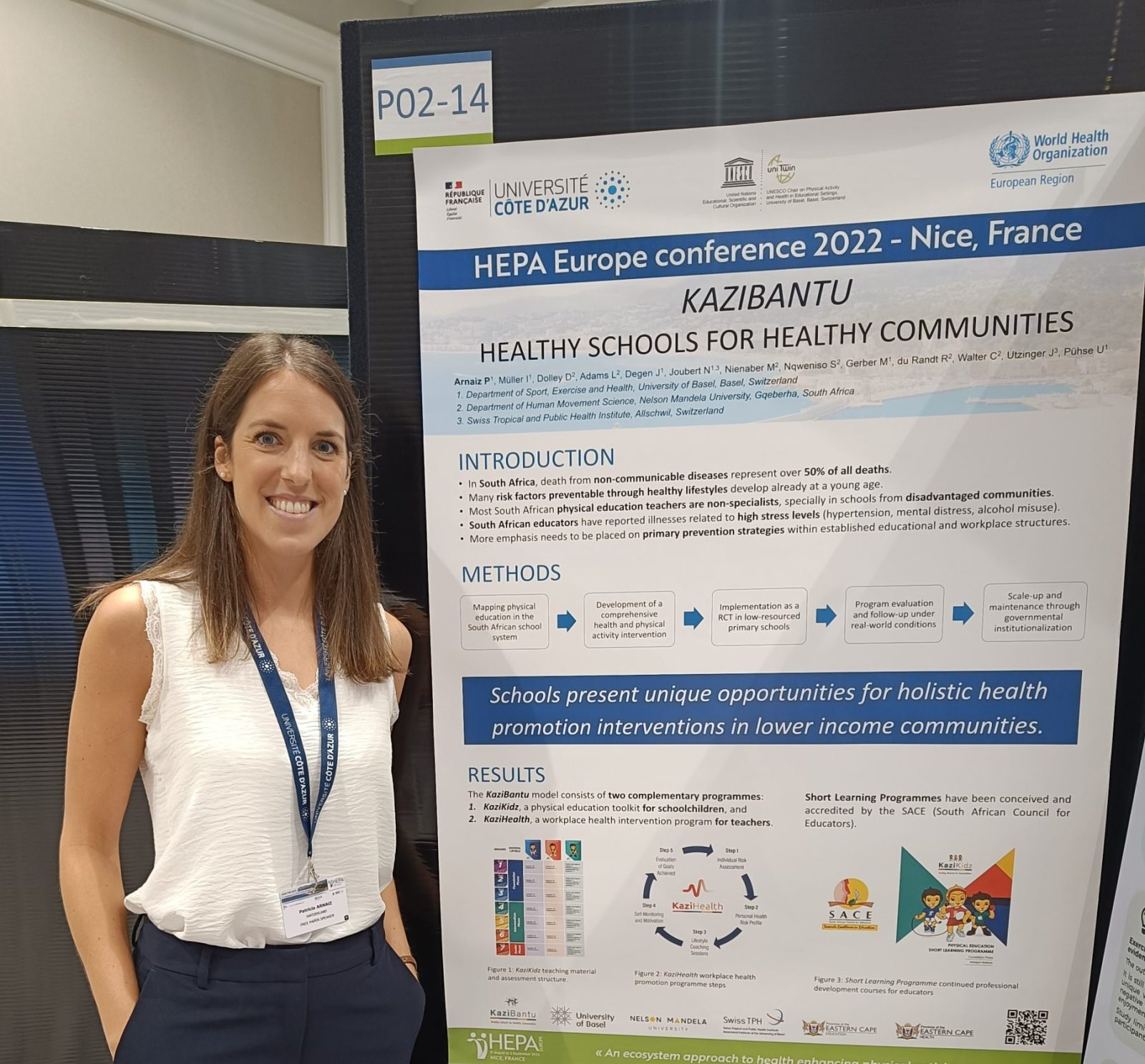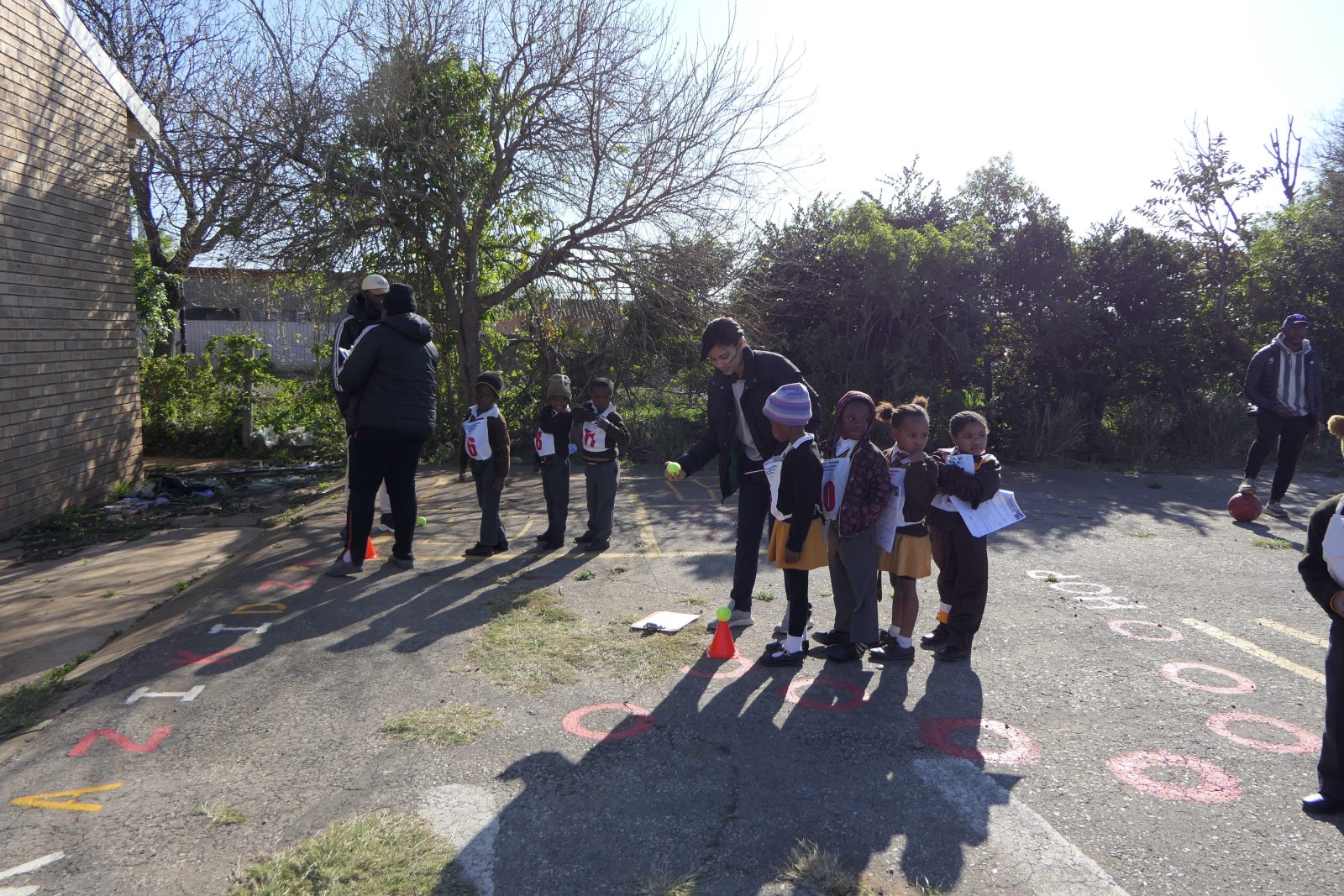Play stimulates the imagination and is important for children’s physical, cognitive, social, and emotional development and well-being. Children learn through play as they interact with others and the world around them. Against this background, KaziPlay is a sub-initiative of the KaziBantu project that aims to improve playgrounds and sanitation in schools situated in low-income areas. The goal is to enhance the existing infrastructure to increase playing opportunities and provide learners with a safe and hygienic environment to support Quality Physical Education (QPE) to develop the physical, social and emotional skills. QPE is a central component of UNESCO’s new sport programme, Fit 4 Life.
The KaziPlay project activities presented here are supported by the Swiss Embassy in Pretoria, South Africa, which contributes to the SDG 3: ‘Ensure healthy lives and promote wellbeing for all at all ages ‘ and SDG 4: ‘Ensure inclusive and equitable quality education and promote lifelong learning opportunities for all ‘ from UNESCO.
The results of the project activities were officially handed over ( documentary here) to the local authorities and school headmasters by the project leaders Prof Uwe Pühse, Swiss Principal Investigator, and Prof Cheryl Walter, South African Principal Investigator. The KaziPlay initiative was launched with the support of two South African architects and could be extended to rural areas. In the future, the local authorities will be responsible for the maintenance of the built infrastructures. Further information can be found here.



